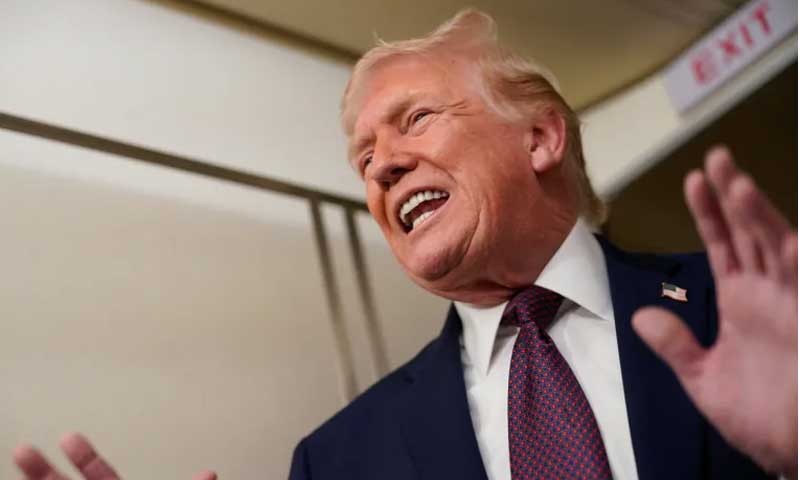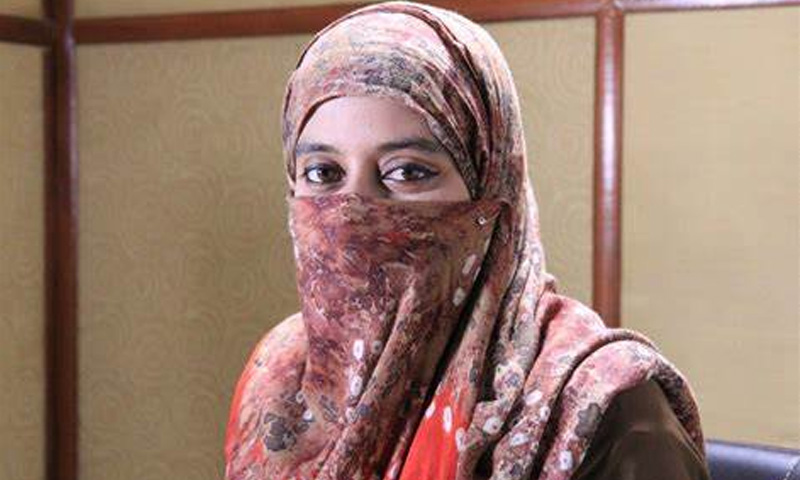- Sanam Tanzeel
- Jan 22, 2026
Separating symptoms from the malady
Misery loves company. The last thing Pakistanis would have liked to welcome in the new year was an escalation of tensions with the third out of its four neighbours. Sudden and unexpected, Iran fired a slew of weapons into the Baloch district of Panjgur, claiming that it was targeting a previously unheard of anti-Iran, Sunni militant organisation by the name of Jaish-e-Adl. For a country moving into what is increasingly looking like the most turbulent election in its post-Bangladesh history, this is not a complication anyone can possibly appreciate.
With Pakistan responding swiftly via an intelligence based operation codenamed marg-bar-sarmachar, the clap has been heard loud and clear, leaving behind one critical question: will the two hands now keep their distance?
We are likely to hear a lot more on the matter in the coming days – ranging from hatred-driven assumptions to nationalistic jingoism to wild accusations to outright war mongering and many are already wondering how the unfolding situation may impact the February 8 polls. A few sane voices may be heard arguing in favour of accepting the Chinese offer to mediate and diffuse the situation and that may indeed be the sanest way out, but for the next few days, one can expect jingoism to rule the roost.
To some, the situation may look bleak and it may seem hard to argue that it isn’t. But every disaster generates new opportunities. Caught up in their political jumble, Pakistan’s military and political leadership has demonstrated a chronic failure to bring critically important issues to the table. They fight by proxy, the army manoeuvring from behind closed doors, the politicians treading on egg shells, both leaving their hapless subjects wondering what to make of anything.
Machismo, too, has played its role in keeping them apart and the new dose of testosterone injected into the dynamic by the PTI hasn’t helped either. But if, flying in the face of history, machismo, testosterone and whatnot, our leadership can treat it as an opportunity to come together – not behind closed doors but out in the open – it doesn’t take any rocket science to anticipate the tonnage of good that can result from something as fundamentally simple as an honest and open dialogue.
The Iranian attack itself is not the issue. The basic question begging a debate is a much broader one. What is it about us that exposes us to incidents such as the Indian incursion into Balakot in 2019, the periodic outbreak of violence along the Pak-Afghan border and now a wholly unexpected adventure from Iran? Could we have done things differently in the past, and given that the past cannot be undone, do we need to explore alternatives now?
At times when cross-border escalations appear to have become a primary threat, it is easy to lose sight of other concerns that may be more localised but can in fact be far more worrying than anything that comes from across our borders.
We have already seen what violence can leave us with in times leading up to change, be it through a national election or a military coup. From the assassination of Benazir Bhutto to the demolition of Awami National Party, and from the decimation of the Waziri Jirga to discontent of the Baloch, when was the last time that weapons brought us any joy? And from what we have seen so far, with several political figures openly arguing that our security situation does not afford a secure environment for a general election, the situation doesn’t seem to be any different this time around.
We may already be long overdue for an open and transparent debate on our levels of tolerance for the various shades of extreme opinions that live within us – be they the Taliban, or random outfits calling themselves jaish, sipah, lashkar or whatever, or the hate groups that use their professed love for religion as a license to kill, or the social media brigades that promote misogyny or trans-phobia. But is it ever too late to start?
We often hear that tainted elections, elite capture, shackled democracy or opaqueness of civil-military relations are Pakistan’s core issues, and ones that are directly responsible for our current political, economic and security predicaments. It is perhaps time to give these widely-held assumptions a serious rethink and separate the symptom from the malady.
It will be a great misfortune to mistake the overwhelming support for Pakistan’s response to Iranian aggression as a consensus around the eye-for-an-eye philosophy, when it can be way more fortuitous for us to treat it as a call to rethink the existing social contract that binds the citizens of Pakistan to the state. A stated consensus on how we deal with extremism of any shade within our own homes may be the only guarantee against the ghastly spectre of a six-years-old girl and her 11-months-old brother having their lives cut short by killer drones hovering across our borders.






